Pope Francis made an important point during his Morning Meditation on May 9 when he emphasized the unique impact of the Holy Spirit. The Holy Spirit is the One who makes the difference, who sets souls on fire and breathes life into the actions of the Christian. Often the Holy Spirit is either forgotten or overlooked, not given the attention He deserves and not called upon as often as He ought to be. Sometimes this is because a Christian is not truly aware of how necessary the Holy Spirit is for him to reach his full potential for God.
But this can also be because the Christian knows how powerful the Spirit can be, and perhaps is afraid to step out of a comfortable, quiet life and become a soul on fire for God.
Whether the Holy Spirit is not active in one’s life because He is underestimated, forgotten, or avoided, Pope Francis invites each person to look within and realize the instrumental role the Third Person of the Trinity has played in his life. Once one realizes that, the Pope invites him to welcome the Spirit more fully, to embrace being fully alive by allowing Him to take full control of one’s soul, to help the soul reach its greatest potential for God’s glory. Only by inviting Him in completely does a person incorporate the Holy Spirit into his life and thus discover how incredible life as a child of God truly is.
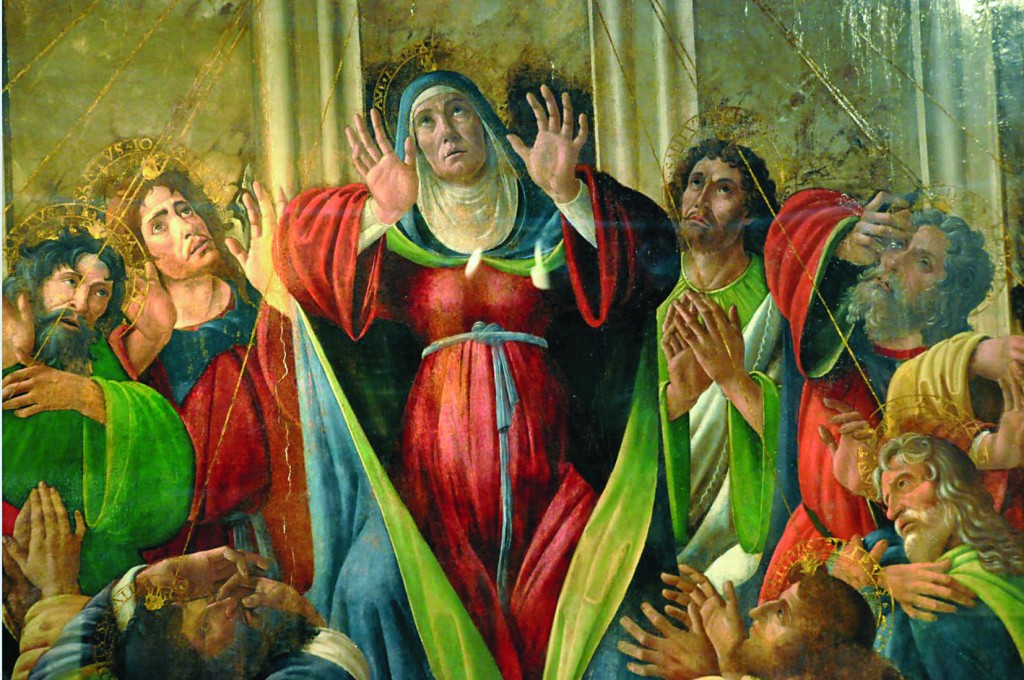
“Pentecost,” by Sandro Botticelli, Birmingham Museum and Art Gallery
The Holy Spirit Is the One who Moves the Church
May 9, 2016: Morning Meditation by Pope Francis (partial transcription by Vatican Radio)
To many unaware Christians, the Holy Spirit is a perfect stranger, if not “a prisoner of luxury.” Yet he is the one who “moves the Church,” who leads us to Jesus and makes us “real” as opposed to “virtual Christians.” We must reflect on the central role that the Holy Spirit plays in the life of a believer.
Let’s start with the day’s reading from the Acts of the Apostles (19:1-8). In Ephesus, Paul met several disciples who believed in Jesus. He asked them: “Did you receive the Holy Spirit when you believed?” After looking around, rather surprised, they answered: “No, we have never even heard that there is a Holy Spirit.” Thus, “they believed in Jesus, they were good disciples, but they hadn’t even heard that the Holy Spirit existed.”
Paul immediately resumed the dialogue, asking what baptism they had received. “John’s baptism,” the disciples replied. Paul then explained to them that John’s had been “a baptism of repentance, of preparation.” On hearing Paul, the disciples of Ephesus “were baptized in the name of the Lord Jesus.” The passage reads: “And when Paul had laid his hands upon them, the Holy Spirit came upon them; and they spoke with tongues and prophesied.” Thus “it is a journey: the journey of conversion, but they lacked baptism and the imposition of hands, for the Holy Spirit to come.”
The same thing happens today. Most Christians know little or nothing of the Holy Spirit. They could answer in the same way that the disciples of Ephesus responded to Paul: “We have never even heard that there is a Holy Spirit.” If we were to ask many good people: “Who is the Holy Spirit to you?” and “Where is and what does the Holy Spirit do?” their only response would be that he is “the third person of the Trinity” — exactly as they learned in catechism.
Of course, “they know that the Father created the world, because creation is attributed to the Father.”
And they also know that “the Son is Jesus, that he redeemed us and gave his life.” Thus, “they tell you everything” in this regard. When it comes to the Holy Spirit, however, they only know that he is “the third Person of the Trinity.” If you ask: “What does he do?” people answer: “He’s there!” Many Christians “stop there.”
“The Holy Spirit is the one who moves the Church; he’s the one who works in the Church, in our hearts; he is the one who makes each Christian a person different from another, but he creates unity among everyone.” Thus, the Pope continued, the Holy Spirit “is the one who leads forward, throws open the doors and sends you to bear witness to Jesus.”
At the beginning of Mass, the entrance antiphon stated: “You will receive the Holy Spirit and you will be my witnesses, even to the ends of the earth.” Thus, “the Holy Spirit is the one who moves us to praise God, who moves us to pray: ‘Pray in us’.” The Holy Spirit “is the one who is in us and who teaches us to look to the Father and call him: ‘Father.’” This is how “he frees us from the state of orphanhood into which the worldly spirit may lead us.” For all these reasons, the Holy Spirit “is very important: he is the protagonist of the living Church: he is the one who works in the Church.”
But “when we do not live up to the mission of the Holy Spirit and do not receive him in this way,” we wind up “reducing the faith to morals, to ethics.” We think that it is enough to fulfill all the Commandments, and “nothing more.” So we tell ourselves: “We can do this, we can’t do that; up to here yes, up to there no!” In this way we resort to “casuistry” and to “a cold moral code.” However, “Christian life is not ethics: it is an encounter with Jesus Christ.” And it is the Holy Spirit himself “who leads me to this encounter with Jesus Christ.”
So, “in life, we may have the Holy Spirit in our heart as a ‘prisoner of luxury’: we do not let him encourage us, we do not let him move us.” Yet “he does everything, he knows everything, he is able to remind us what Jesus said, he knows how to explain to us the things of Jesus.” There is only one thing that “the Holy Spirit does not know how to make: ‘salon Christians.’ He does not know how to do this. He does not know how to make ‘virtual Christians’” — those who are “not virtuous.”
On the contrary, “he makes real Christians: he takes real life as it is, with the prophecy of reading the signs of the times, and thus he leads us forward.” This is why “he is the great prisoner of our hearts’ and we say that he is the third Person of the Trinity, and stop there.’”
I suggest that “this week it will do us good to reflect on what the Holy Spirit does in our life.”
To help with this examination of conscience, ask a few direct questions: “Did he teach me the path of freedom? Did I learn it from him? What is freedom? What freedom? Am I afraid of the Holy Spirit, who is in me and pushes me to go outside? How is my courage, which the Holy Spirit gives me, to go out of myself, to witness to Jesus? How is my patience when put to the test? Because the Holy Spirit also gives patience.”
Precisely “in this week of preparation for the Solemnity of Pentecost,” I invite Christians to ask themselves if they truly believe in the Holy Spirit or if for them he is merely “a word.” We must try “to speak with him and to say: ‘I know that you are in my heart, that you are in the heart of the Church, that you create unity among us, all of us different, in all of our diversity.”
I suggest that we “say all these things to him and that we ask for the grace to learn, practically, in our lives, what he does.” It is the “grace of docility to him, being docile to the Holy Spirit: this week let us do this, let us think about the Spirit and talk with him.”

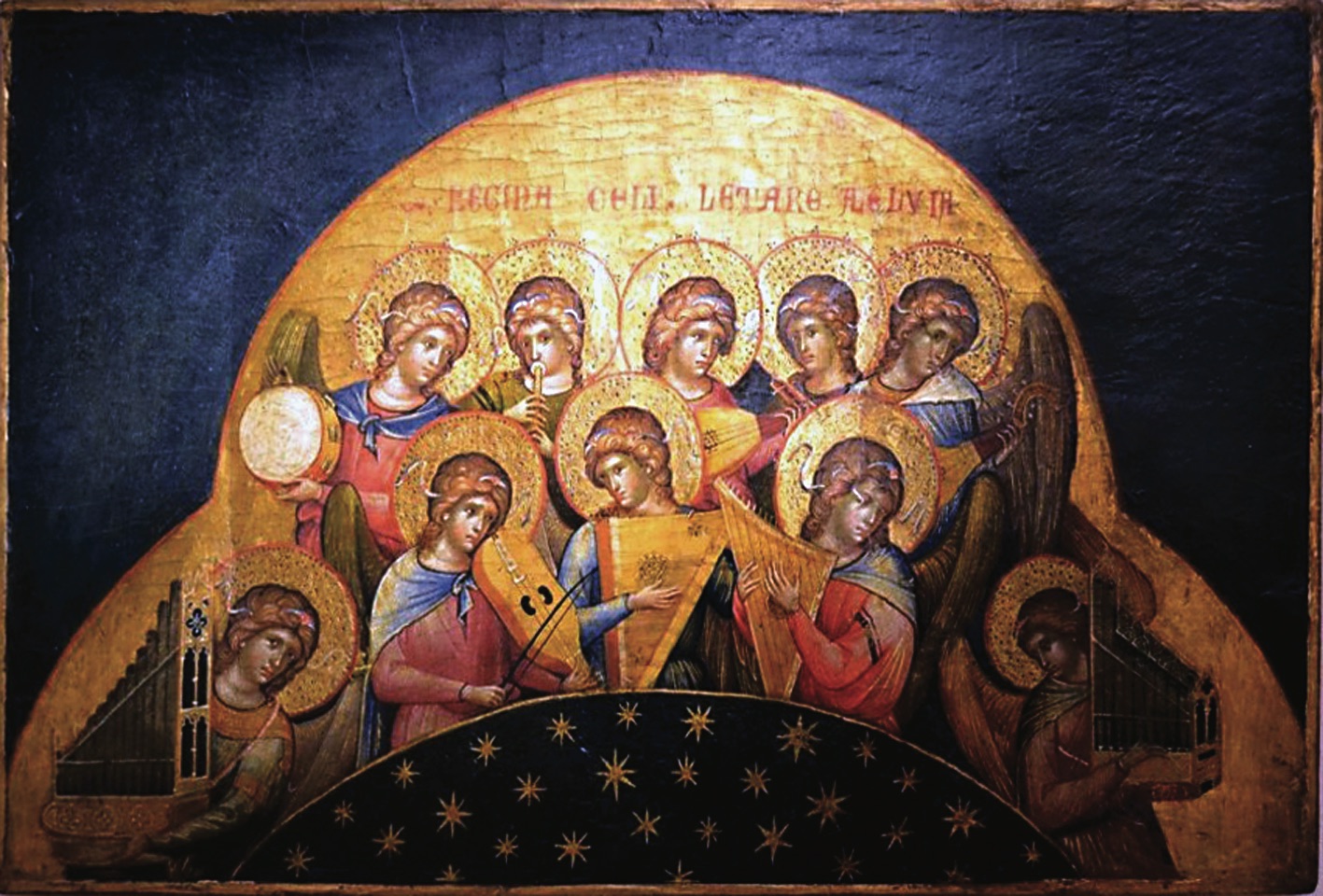
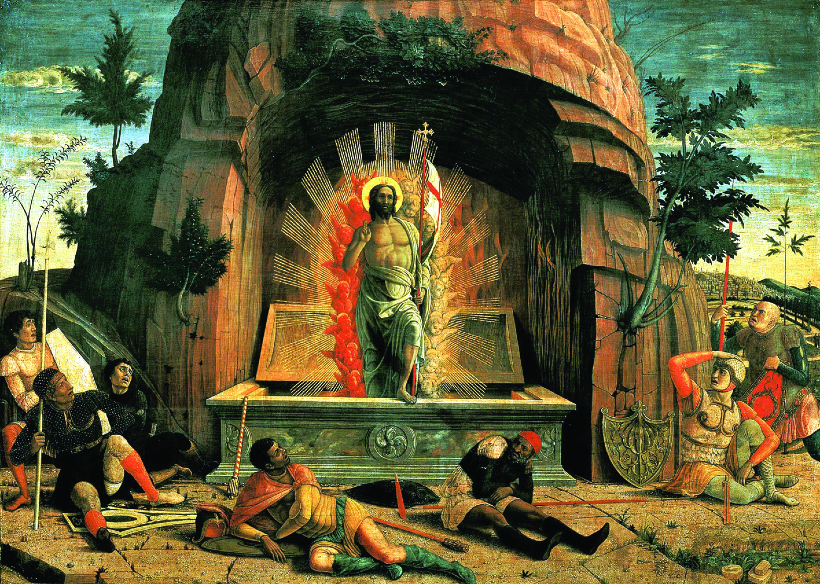

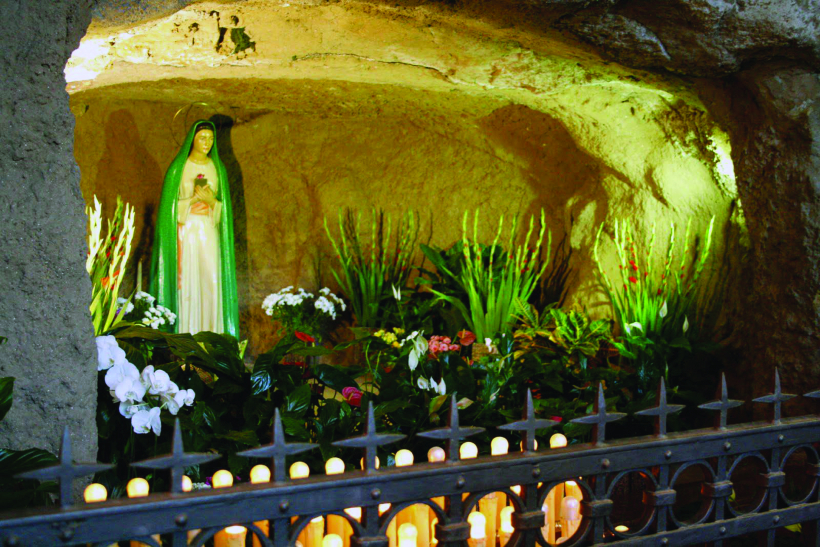
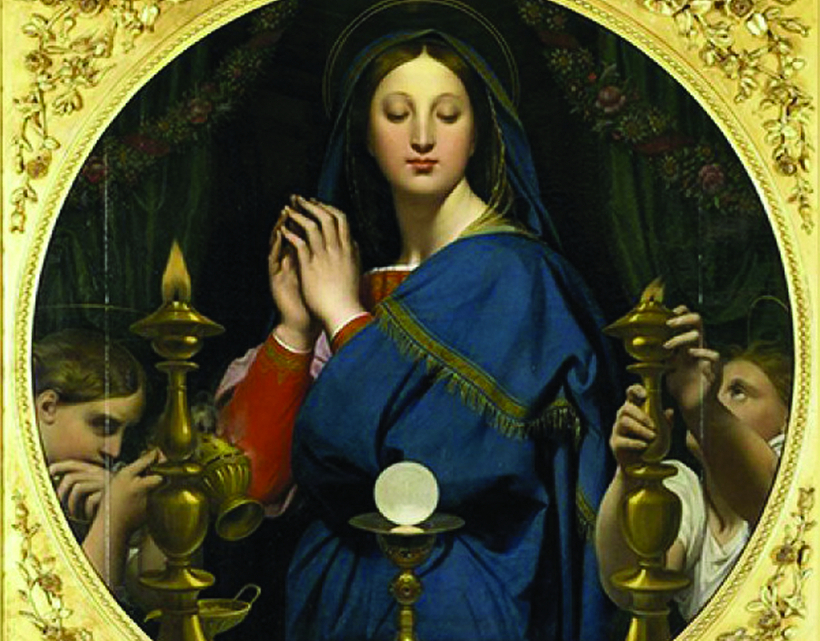
Facebook Comments